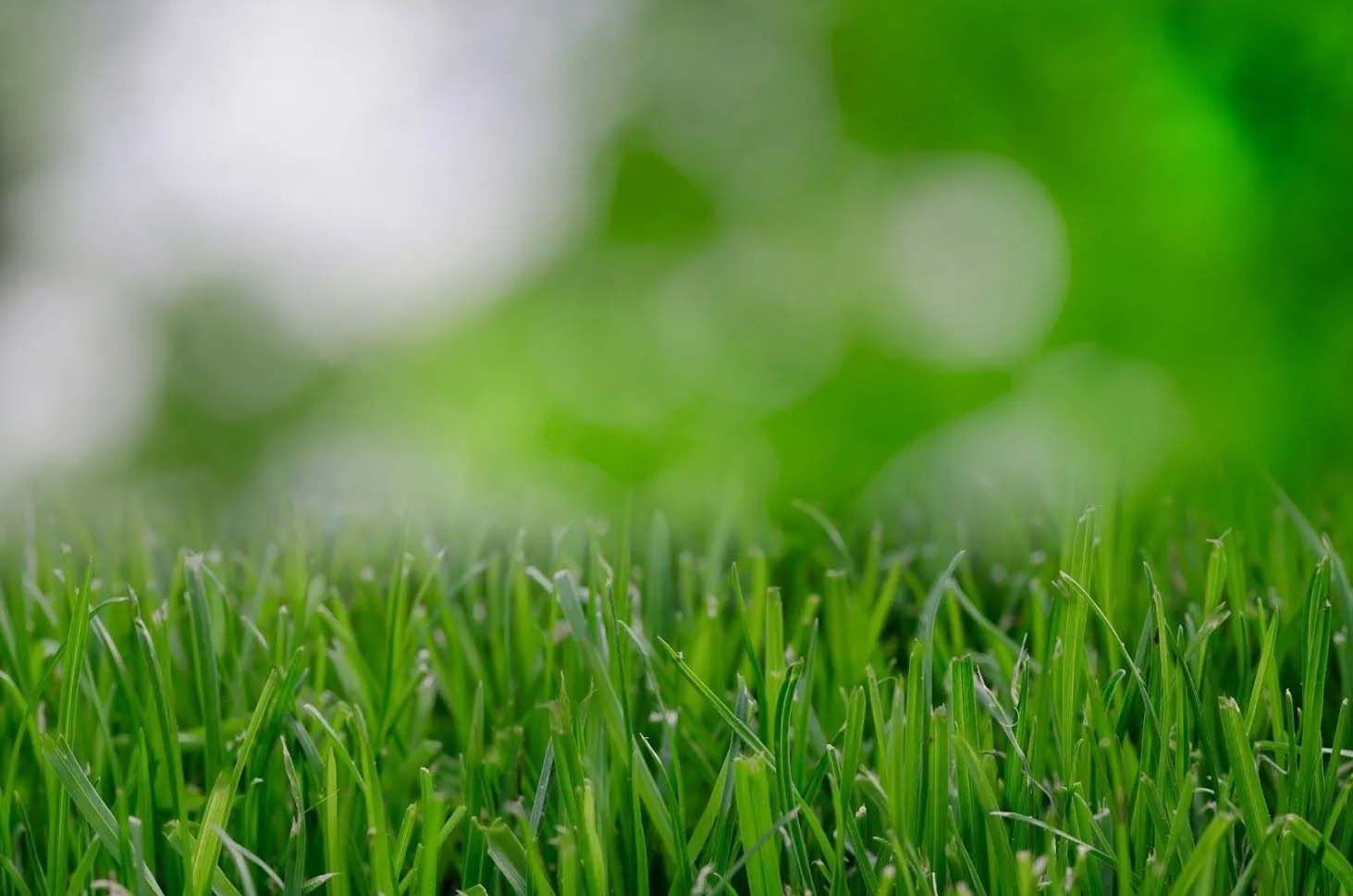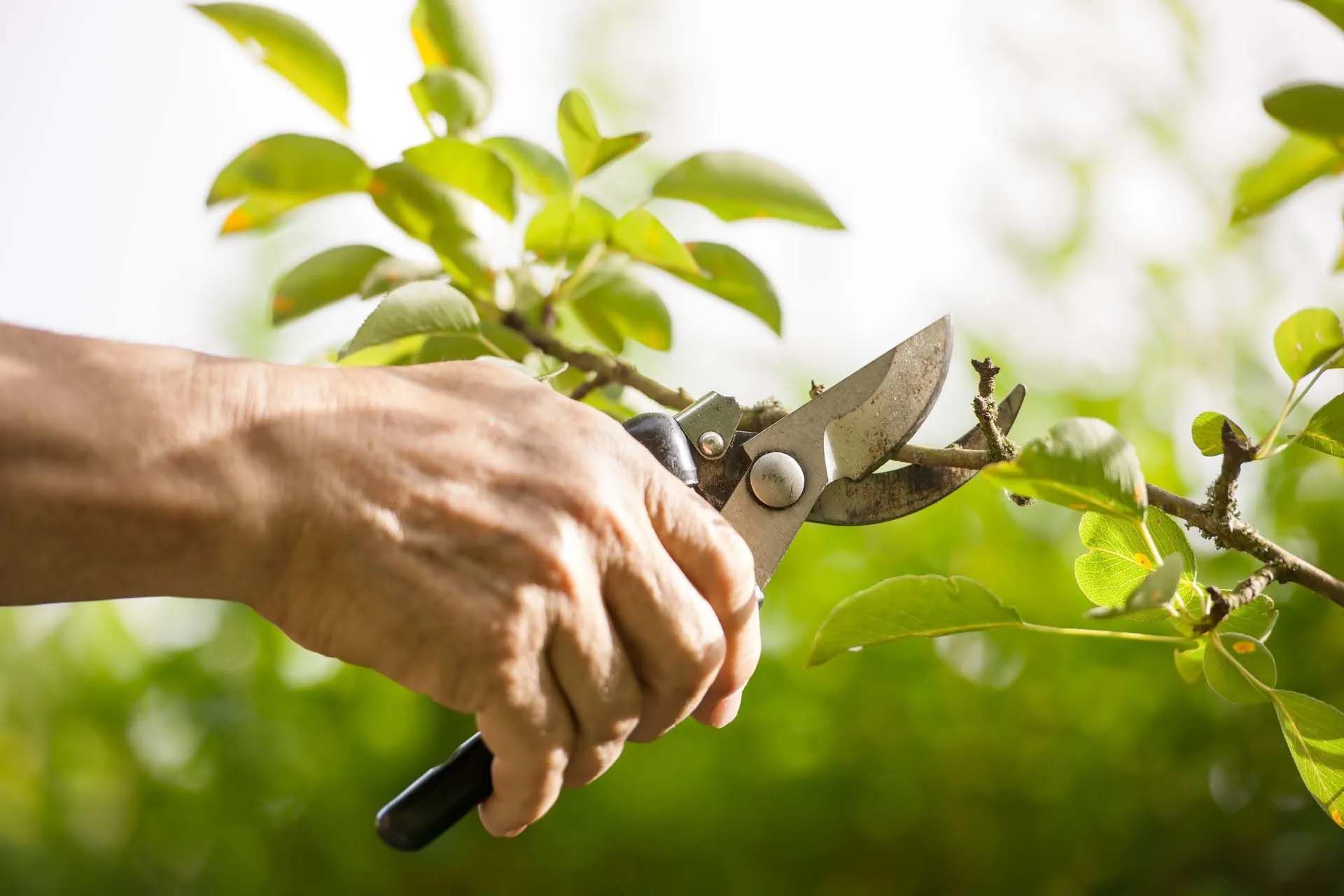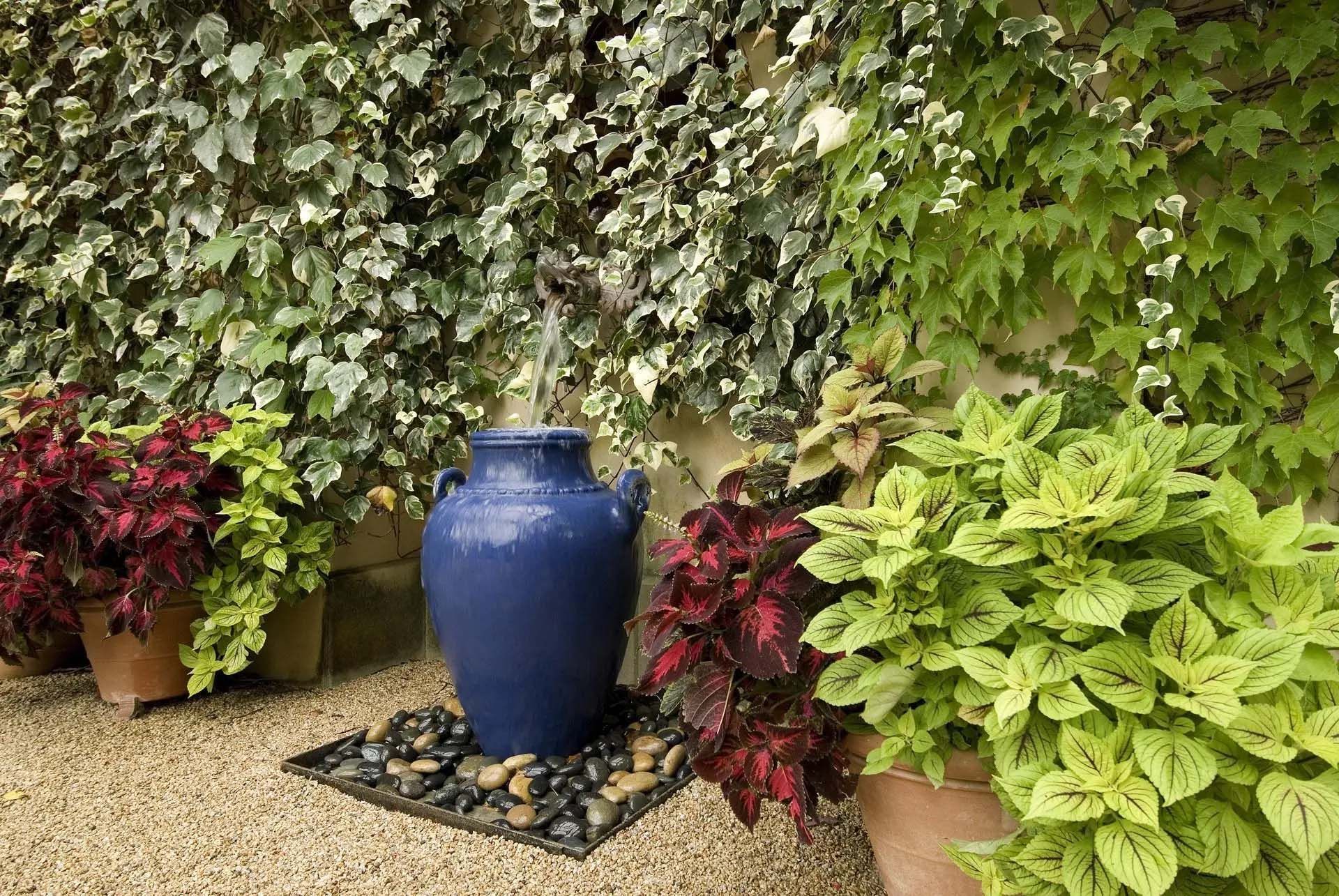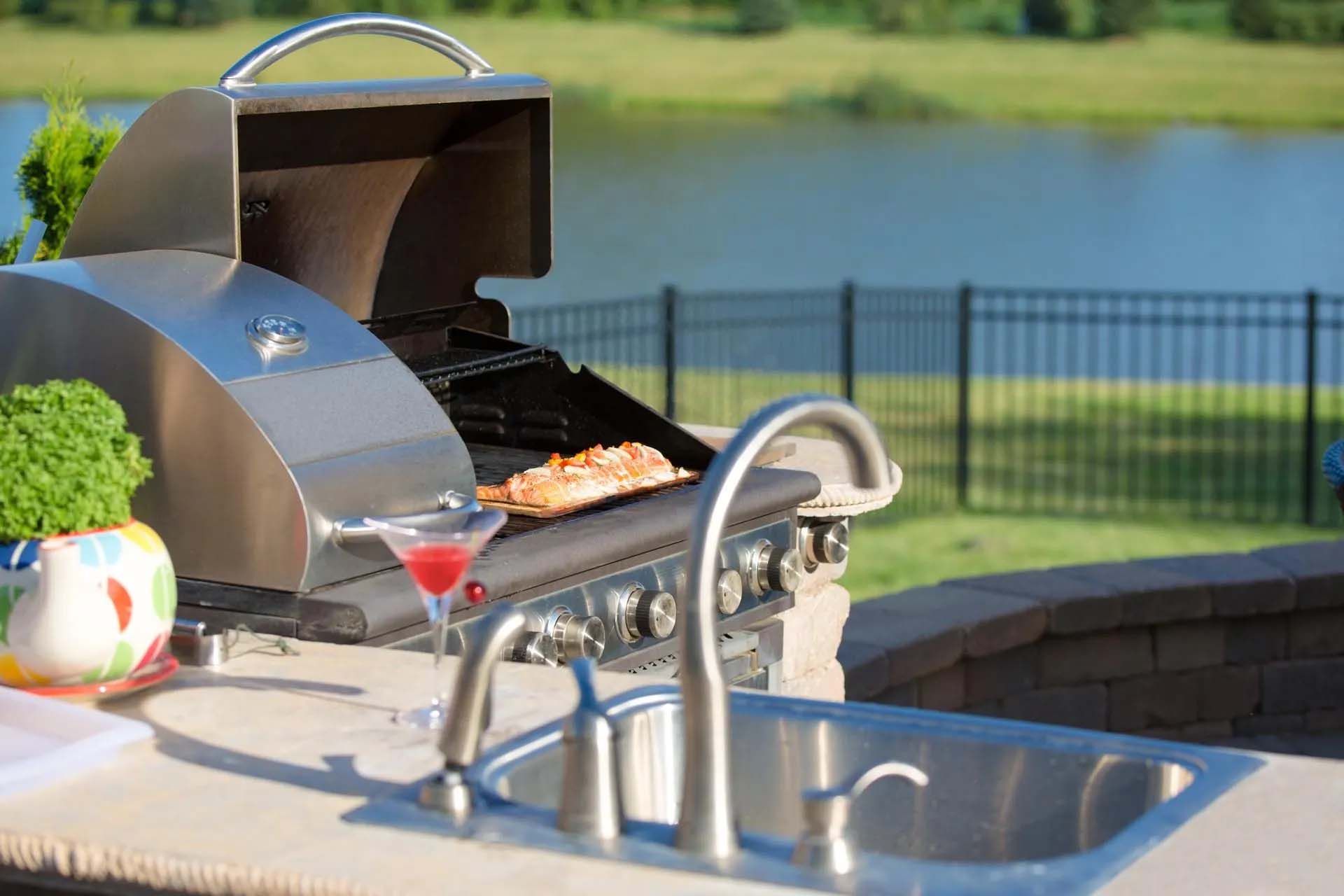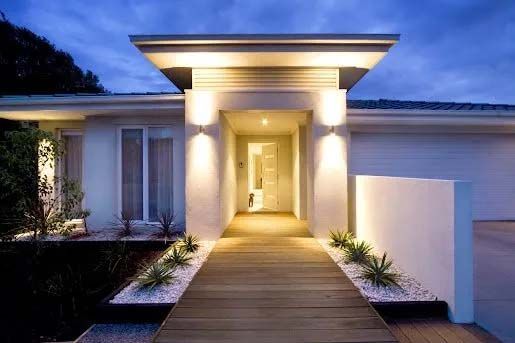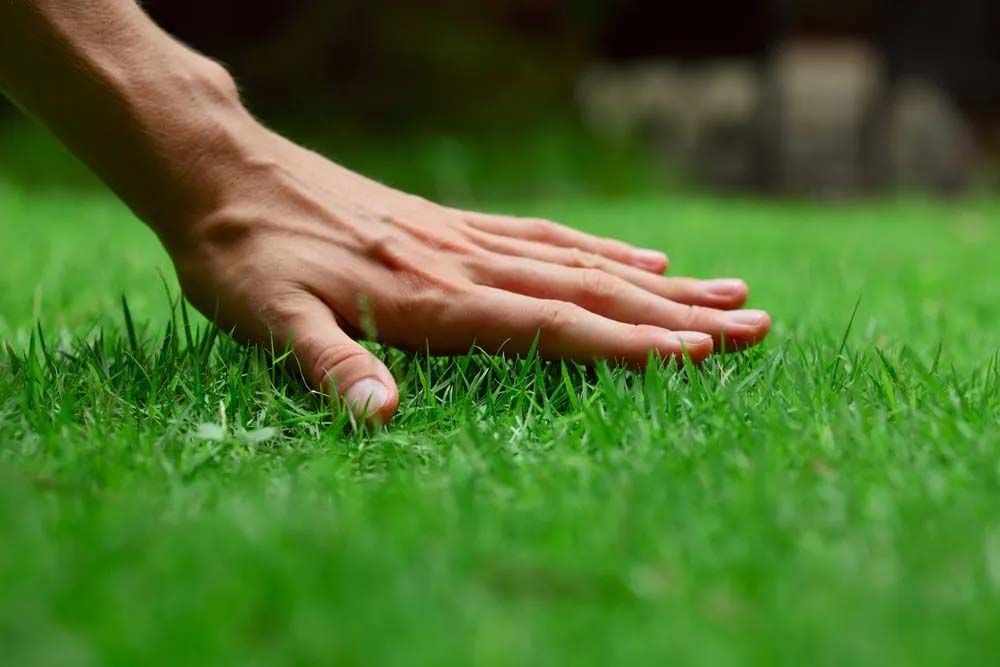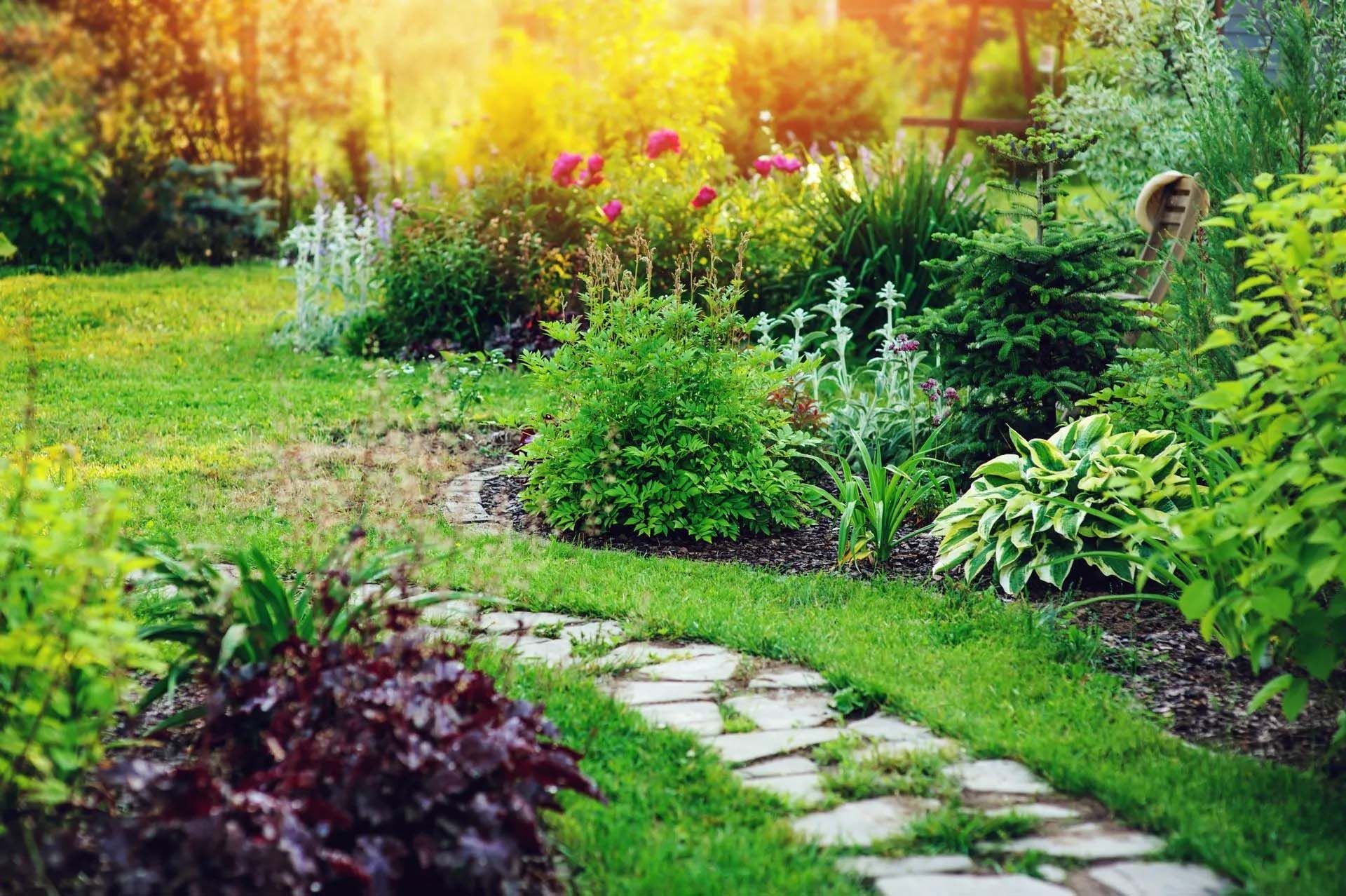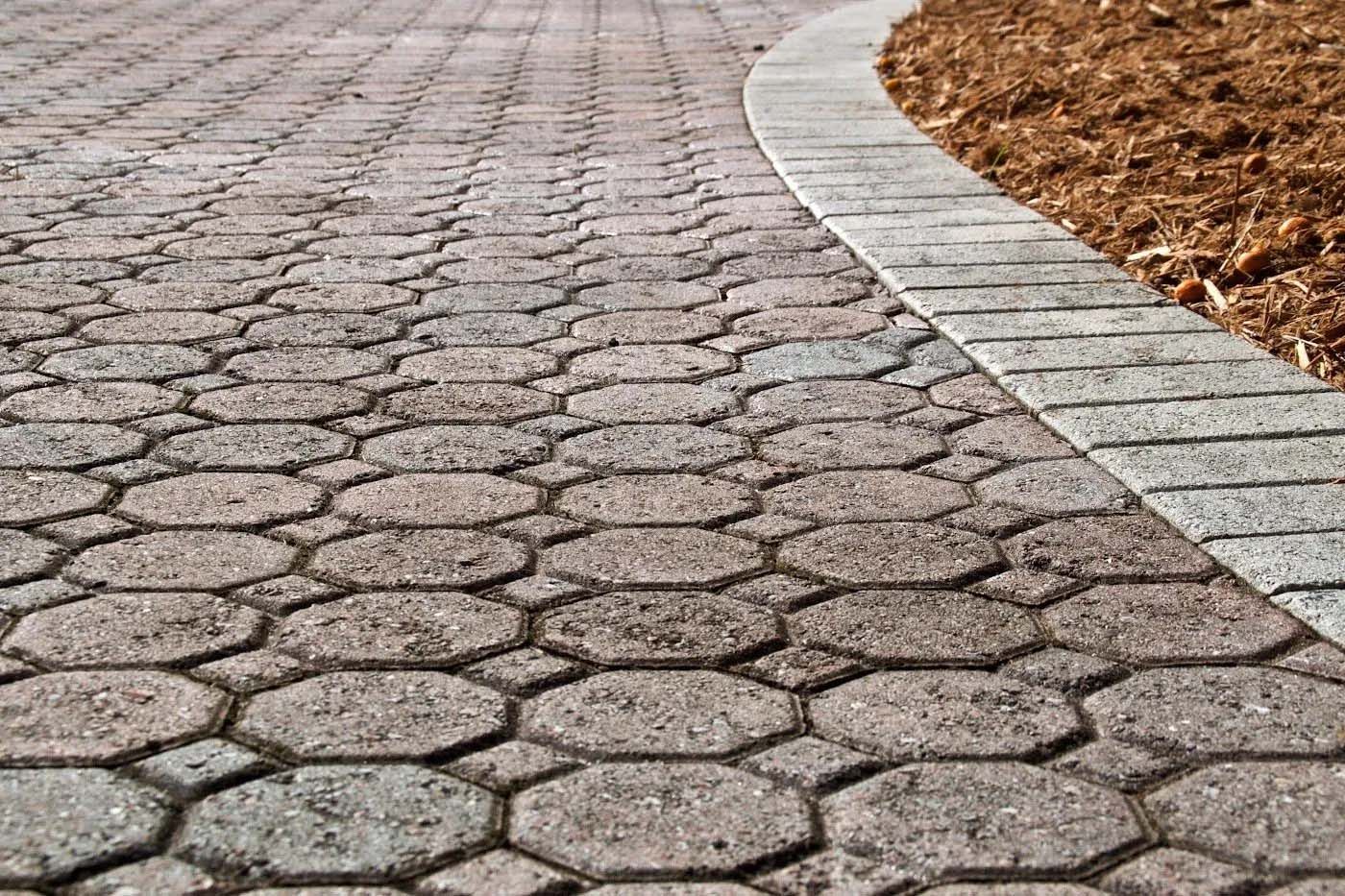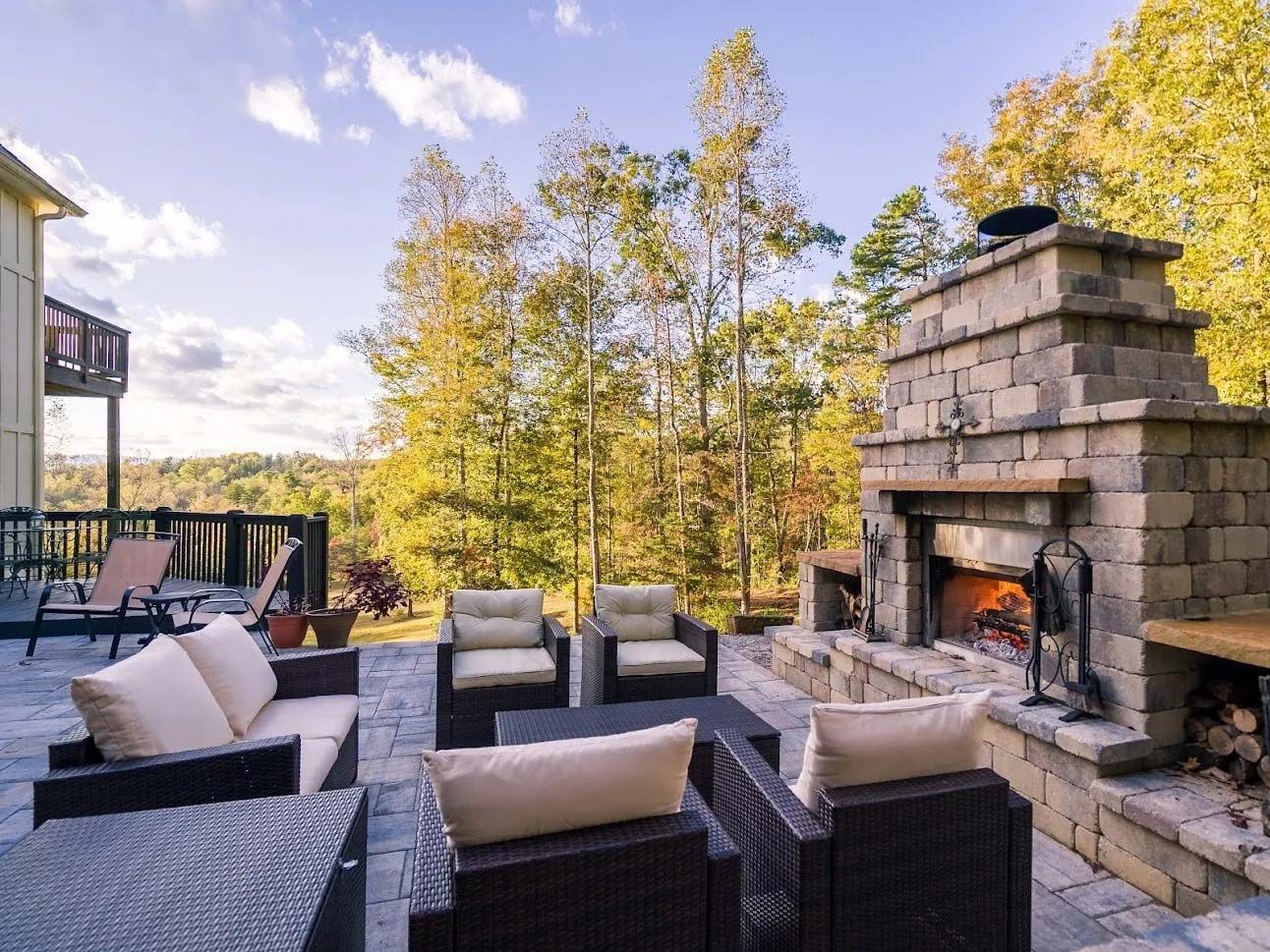Things to Consider When Choosing the Best Type of Grass for Your Lawn
Things to Consider When Choosing the Best Type of Grass for Your Lawn
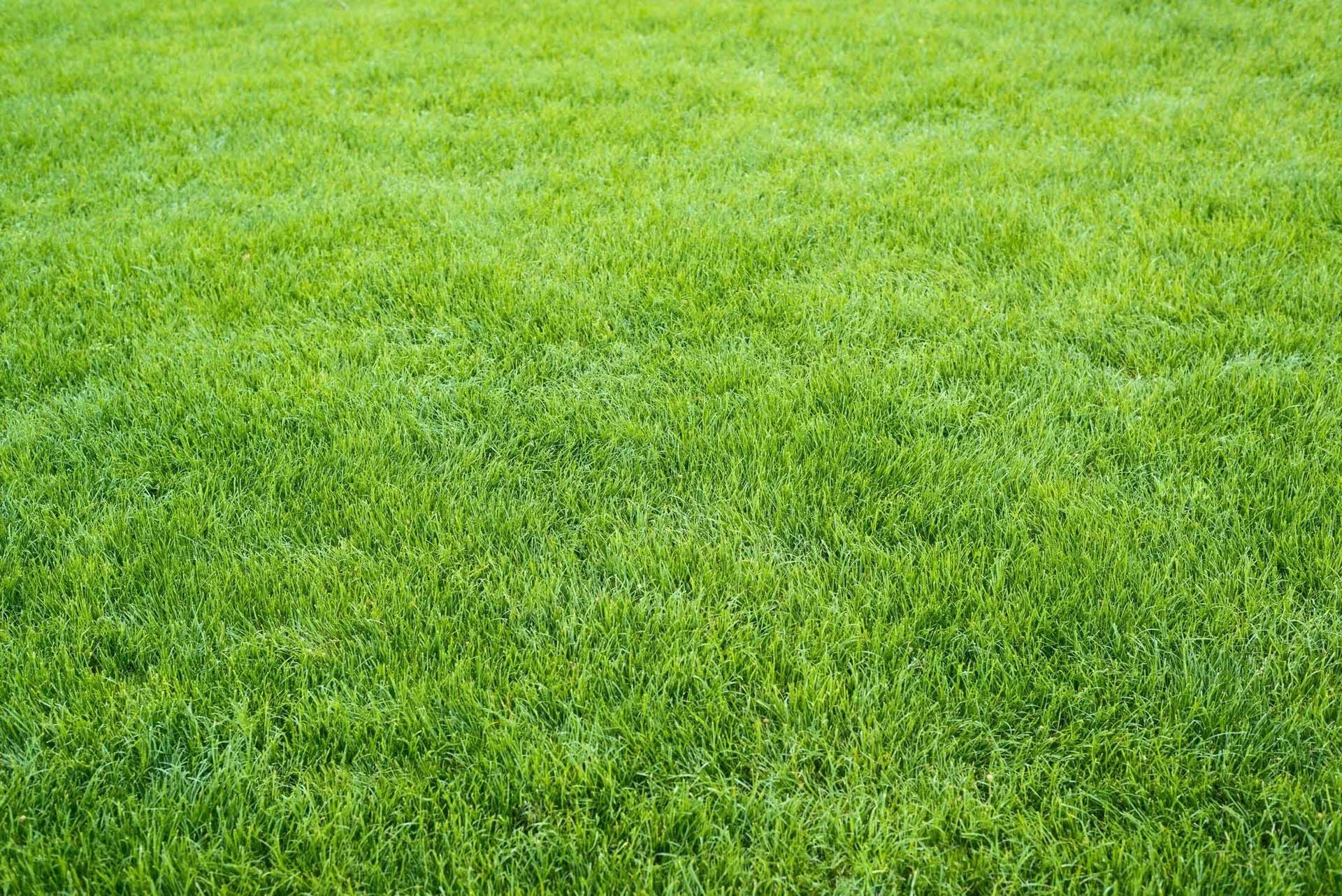
A healthy and lush lawn is a key component of a beautiful home. The grass type determines the grass's maintenance, fertilization, and duration. Here is what you should consider to pick the right type of grass for your lawn.
Geographical Location
The performance of grass varies depending on the local climatic conditions, and you must choose a grass that will thrive in your geographic region. In the United States, the Northern and Southern Zones have different weather conditions throughout the year.
Summers in the Northern Zone have moderate temperatures, while winters are usually cold. The cold season is ideal for certain grass species, such as tall fescue, perennial ryegrass, and Kentucky bluegrass. In the Southern Zone, summers are particularly hot, while winters have moderate temperatures. The southern climate is ideal for warm-season grasses such as centipedegrass and Bermuda grass.
There's also a transition zone in the middle of the country with cold winters and hot summers. The climate of the transition zone is challenging since it's difficult to find the right grass for such temperatures. If you choose cold-season grass, the high temperatures in the summer can cause the grass to wither. On the other hand, warm-season types of grass may not survive winters in the transition zone.
Specific Conditions
The conditions in your yard may have special challenges that interfere with the growth of the grass. The special challenges include high traffic, low inputs, salty soils, and lack of water.
The longevity and beauty of your lawn depend on the amount of activity on and around it, especially for front yard lawns facing busy streets. Your chosen grass variety must withstand regular activity, foot traffic, and playing pets. The grass should also quickly recover after undergoing damage. Bermuda and zoysiagrass varieties are ideal for lawns with high activity.
Low-input areas have insufficient fertilizer or water supply. Such areas require hardy grass, such as centipedegrass or Buffalo grass. Fine-leaf fescue is another excellent choice for low-input areas, particularly in the southeast.
You also need to consider the type of trees on your lawn. If the trees cast extensive shadows on your yard, choose grass varieties that can tolerate a low amount of direct sunlight. The common choice is the St. Augustine grass variety, which performs well in shaded areas.
If the soil in your lawn is salty or has high amounts of effluent water, choose seashore paspalum. This type of grass can tolerate salty soils, especially in sandy coastal regions.
Maintenance needs
Not every homeowner wants to spend lots of time fertilizing, wedding, and mowing their lawn. If you don't have the time, avoid grass species that require lots of maintenance, such as the Kentucky bluegrass. Instead, go for Bermuda grass, which doesn't require much maintenance.
Lawn Acidity
Regular applications of lime are essential because different types of soils have different acidity levels. The application of lime helps to keep a consistent pH level in your lawn and allows grass to thrive. The required acidity level depends on the type of grass species. For instance, Kentucky bluegrass can tolerate high acidity levels, while zoysiagrass requires soils with low acidity levels.
The best approach is to hire a professional to test your soil and know the acidity level. A local landscaping professional can suggest the best grass types that can tolerate your lawn's acidity.
Creating a beautiful and lush lawn requires qualified technicians and special equipment. You can get these services at Morlock Landscape & Design. We are a full-service landscape and design firm that performs landscaping services for commercial and residential clients. Contact us to get a free estimate today.
